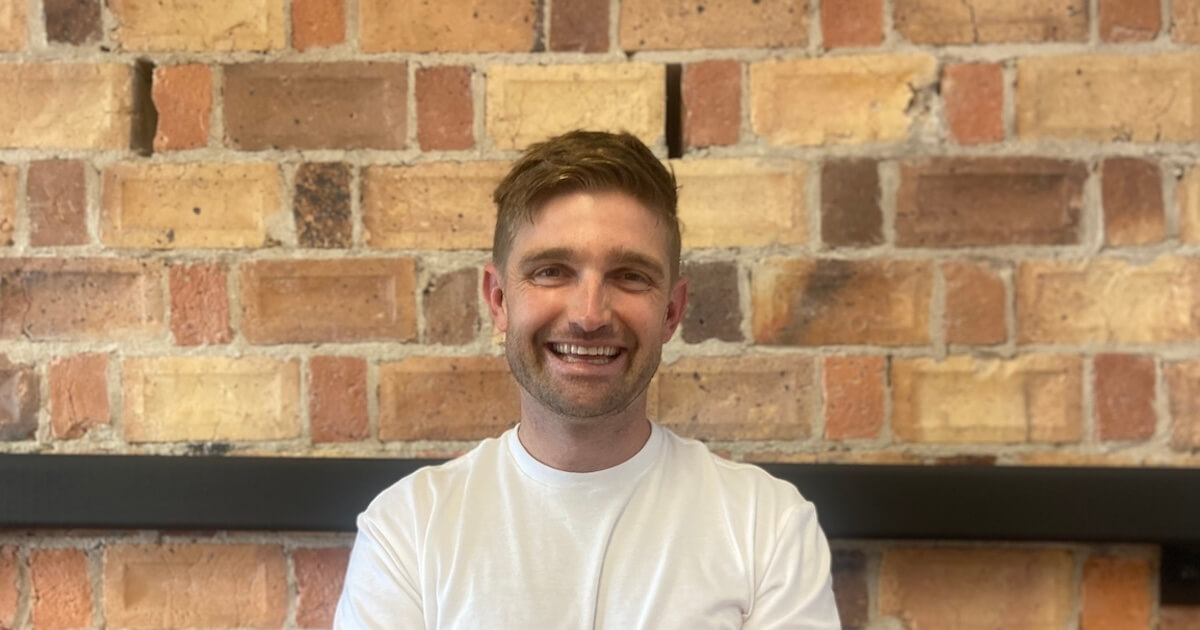
Investment Notes: Multitudes
Blackbird recently led the Seed investment round in Multitudes.
Blackbird recently led the Seed investment round in Multitudes, investing alongside Working Theory Angels with Rachael Neumann of AWS Startups, Jon Williams of Culture Amp & Pyn, Ellen Pao of Project Include, and founder-angels in the people-tech and machine learning spaces.
Multitudes provides insights on team culture and performance from passive data created via workflow tools such as Github and Slack. Because Multitudes looks at actual behaviour, it's easier to identify blind spots and track progress. The aim of Multitudes is to eliminate systemic biases by showing actual behaviour, which in turn empowers teams to improve their performance, inclusivity, trust, and growth.
The rise of digital collaboration, accelerated by COVID-19 and remote working, means that we can now measure team behaviour at scale by integrating with collaboration tools that teams already use on a daily basis. Managers are gaining insights that they have never had access to before, from data that is sitting right at their fingertips.
“The data from Multitudes has helped us raise the right questions within our team and see the bigger picture of our team’s workload and capacity. We’re now able to back our hunches with data to present to our senior leadership team and quickly relieve any bottlenecks.”
- Mathew Hartley, CTO of Storypark (Multitudes customer)
Observation Is A Powerful Tool
Multitudes’ initial product targets software development teams, overlaying performance metrics like cycle time (how long it takes to get a piece of code finalised) and volume of work with team interaction metrics like how long people wait for feedback and who supports whom.
One of their first customers had a 30% decrease in cycle time just 2 months after making a change because of Multitudes. When they started working with Multitudes, the team discovered that senior developers were getting 30% less feedback than junior developers, and 67% of this feedback came from people who are junior to them. This meant that their seniors weren’t getting much developmental feedback. As a result of this insight, the CTO made one team member a senior float (a senior developer who rotates across teams to support). Within one month, senior developers were getting twice as much feedback from senior peers; within two months, the cycle time for senior developers and even for developers across the team had decreased by 30% – work was getting done faster.
Another early adopter discovered that a more junior developer wasn’t getting as much feedback from her peers and was subsequently shipping fewer commits. Other performance management tools would have focused on the decrease in work volume and may have concluded that the developer needed to do more work. However, since Multitudes contextualised the work data with insights on the team interactions, they were able to see that the developer was getting less support. When the Team Lead reflected on these insights, he also realised that this developer was also the only woman on their team. This piece of information prompted the Team Lead to iterate on different ways to change the team dynamics to ensure that everyone on the team was getting support for their work.
Because Multitudes encourages managers to experiment, track, and iterate based on quantitative feedback, managers use the tool on an ongoing basis to support 1:1’s and team retros, with additional peaks in usage during changes such as a new hire joining the team or when teams start on a new project. Multitudes then tracks which strategies work and which strategies fail, building a rich dataset that can be used to provide customised recommendations for teams on what approaches may work for them.
Meet Lauren Peate
Lauren is exactly the kind of founder we like to invest in. She is a learner and a doer, the type of founder that teaches herself R so she can build a prototype of her idea. She exudes incredible passion and energy to attract great talent by being an evangelist for her cause.
Lauren went full time on Multitudes in August this year and bootstrapped the business to create an MVP using Tableau graphs (initially) and R Shiny (later), onboarded their first monthly subscribers during lockdown, and brought in three technical hires.
Their data science team includes Jenny Sahng, who worked on Xero’s new cash flow forecasting product, and Vivek Katial, who uses a range of machine learning techniques and technologies through his PhD research in Optimisation Algorithms via Quantum Computing at the University of Melbourne. Their Lead Engineer, Emily Melhuish, has experience in building data pipelines for companies including Halter, Rocket Lab, and TradeMe.
Lauren has spent the majority of her time in the weeds with customers. Her strong sense of responsibility towards deeply understanding team leads and their pain points is reflected in how she thinks about the systems that sit below the product. Her product insights came from building and running Ally Skills NZ, her first startup focused on teaching people how to use their voice and influence to stand with marginalised groups at work. Previously, Lauren worked with Fortune 500 tech companies while at Bain in San Francisco and with startups in the Middle East. Lauren understands that a culture shift can be hard if people's voices aren't heard and she has made it her life’s mission to fix this.
Ultimately, the Multitudes vision is to be a platform that sits across all areas of the business, from product managers to customer success, allowing cross-functional teams to work more effectively with each other by giving insights into how people work.
If you’re excited about what Multitudes is building, sign up for early access to their beta program.

.jpg)
.png)

%20(1).png)










.png)


.png)


.png)
